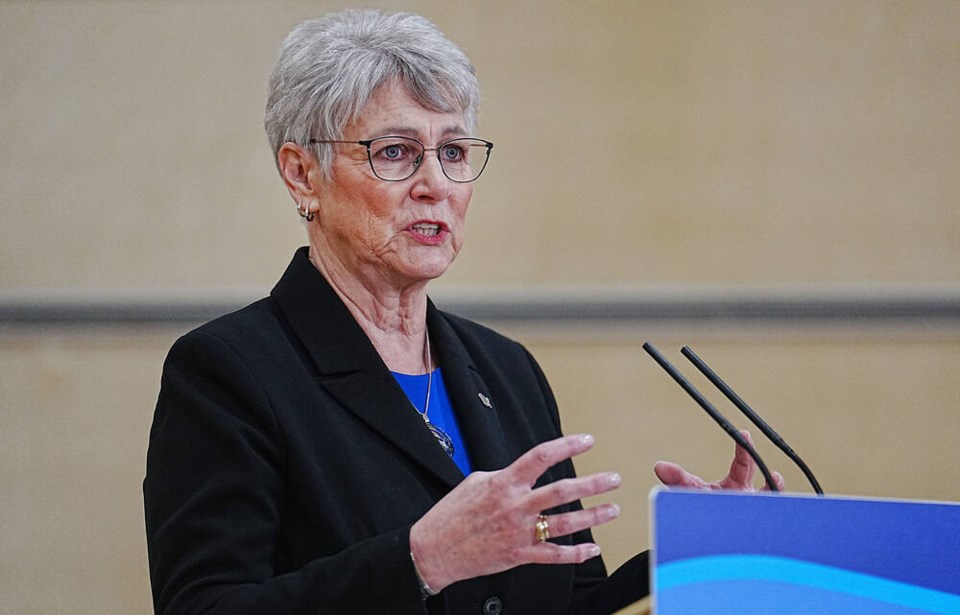S&P Global Ratings has downgraded the B.C. government’s credit rating from AA to AA- citing a “relatively steep increase” in debt through to spring 2027.
And, said S&P, “the negative outlook reflects a one-in-three chance that we could lower the ratings in the next two years if, in our view, the province's commitment to fiscal consolidation continues to waver.”
Credit ratings reflect a borrower’s ability to pay interest and to repay principal. Thus, they dictate the government’s borrowing costs since an investor will demand a higher interest rate on riskier investments.
S&P states in its April 8 report B.C.’s debt is projected to rise from $89 billion to $156 billion between 2022 and 2027.
S&P stated B.C. has “maintained focus on taxpayer affordability” while “investing in infrastructure at unprecedented levels,” as cost of living pressures are put on British Columbians.
It suggests B.C. is sliding from a top position among provinces to within the pack. Last December, S&P upgraded Alberta from A+ to AA-, while Ontario and Quebec also remain at AA-.
“While other provinces are contending with similar issues in their recent budget announcements, the size and persistence of material after-capital deficits differentiate B.C. from its peers,” the report stated.
“B.C.'s economic prospects will continue to wane in 2024, largely due to the impact of inflation and high interest rates. We estimate B.C.'s real GDP will increase by 1.1% in 2024 and 2.8% in 2025. This is moderately better than our national forecast of about 0.9% and 1.5%, respectively,” the report added.
The ratings and debt forecast also include BC Hydro, which sees a likewise downgrade from AA+ to AA.
Having two As still means the organization, in this case the government, has a “very strong capacity to meet financial commitments” and not being subject to adverse economic conditions. (AAA means there is an "excellent" capacity.)
S&P is just one of four credit rankings investors and lenders look at.
Moody’s rates B.C. Aaa, Morningstar DBRS rates it AA(high) and Fitch rates it AA+.
The downgrade report prompted chatter in the B.C. legislature Tuesday with Conservative MLA Bruce Banman saying “British Columbia is spending an extraordinary amount of money to get less and less and less for everyday hard-working people.”
Minister of Finance Katrine Conroy responded, saying the province’s debt-to-GDP ratio is “one of the lowest in the country, and our interest bite is the lowest.”
Conroy laid blame for higher spending on an “infrastructure deficit” the BC NDP “inherited” when it formed government in 2017.
Conroy noted Fitch maintained its own AA+ rating last month.



